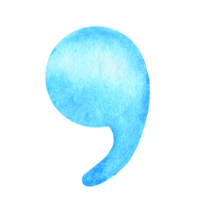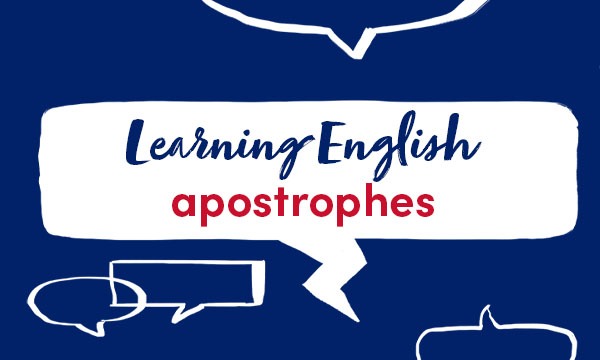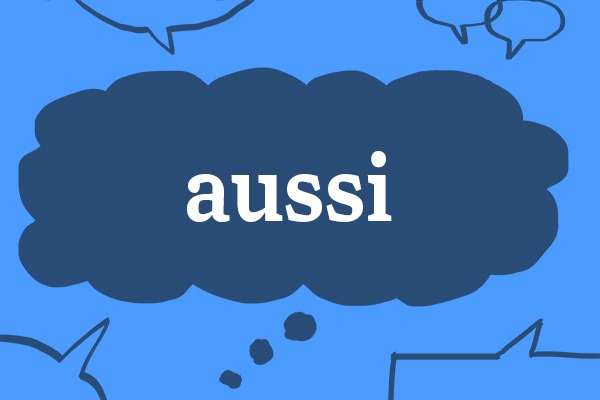
Misusing or omitting the apostrophe is one of the most common punctuation errors.
Showing possession
The apostrophe ( ’ ) is used to show that something belongs to someone:
- -’s is added to the end of singular words.
a baby’s pushchair
Hannah’s book
- -’s is added to the end of plural words not ending in -s.
children’s games
people’s lives
- An apostrophe alone (’) is added to plural words ending in -s.
Your grandparents are your parents’ parents.
We’re campaigning for workers’ rights.
- -’s is added to the end of names and singular words ending in -s.
James’s car
the octopus’s tentacles
- -’s is added to the end of certain professions or occupations to indicate workplaces.
She’s on her way to the doctor’s.
James is at the hairdresser’s.
- -’s is added to the end of people or their names to indicate that you are talking about their home.
I’m going over to Harry’s for tea tonight.
I popped round to Mum’s this afternoon, but she wasn’t in.
- An apostrophe is used in front of two figures referring to a year or decade.
French students rioted in ’68 [short for ‘1968’].
He worked as a schoolteacher during the ’60s and early ’90s.
When the possessor is an inanimate object (rather than a living thing), the apostrophe is not used and the word order is changed, for example, the middle of the street; the front of the house.
To test whether an apostrophe is in the right place, think about who the owner is.
the boy’s books [= the books belonging to the boy]
the boys’ books [= the books belonging to the boys]
Note that:
- An apostrophe is NOT used to form possessive pronouns such as its, yours, or theirs.
- An apostrophe is NOT used to form the plurals of words.
REMEMBER
it’s = it is, e.g. It’s a holiday today.
its = belonging to it, e.g. The dog was scratching its ear.
Contracted forms
An apostrophe is used in shortened forms of words to show that one or more letters have been missed out. Contractions are usually shortened forms of auxiliary verbs, for example be and have, or the negative not.
She’s reading a book about the ancient Egyptians.
He’ll be in Ibiza next week.
She couldn’t believe her eyes.
I don’t have time to do it.
Come back for more blogs on using English in everyday situations:
https://blog.collinsdictionary.com/language-learners/learning-english
All opinions expressed on this blog are those of the individual writers, and do not necessarily reflect the opinions or policies of Collins, or its parent company, HarperCollins.



